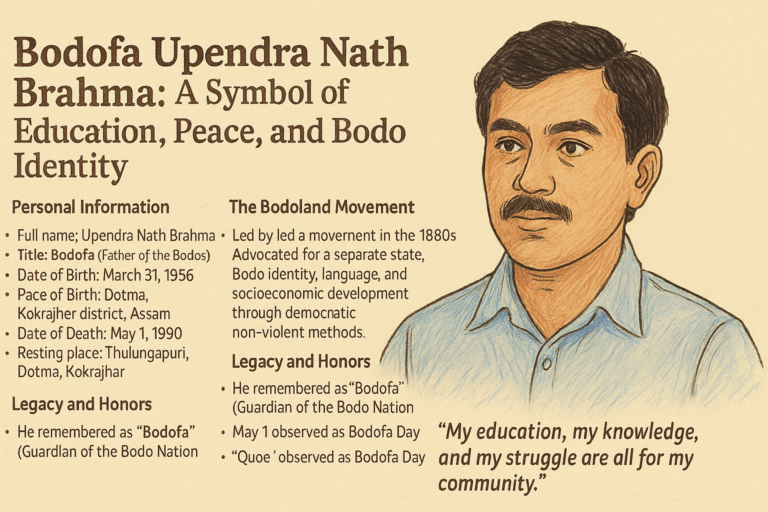Chapter 7: The Interview by Christopher Silvester
1. What is the main theme of “The Interview”?
Answer:
The chapter explores the power of interviews as a journalistic tool. It examines different perspectives—some see it as insightful, others consider it intrusive and exploitative.
2. How does the author define the interview?
Answer:
An interview is a conversation where one person asks questions to gain information or insight. It can reveal deep truths or manipulate public image, depending on intent and approach.
3. What are the criticisms of interviews mentioned in the chapter?
Answer:
Some writers and celebrities view interviews as an unwelcome intrusion into their privacy. They believe interviews diminish authenticity, distort views, and can be dishonest or manipulative.
4. How did V.S. Naipaul feel about interviews?
Answer:
Naipaul disliked interviews, believing they often misrepresented writers’ thoughts. He felt the written word should stand alone without explanations or media interpretations.
5. What was Rudyard Kipling’s opinion on interviews?
Answer:
Kipling considered interviews immoral, vile, and offensive. He believed they were a violation of personal space and compared them to a crime against one’s dignity.
6. Why do some people admire interviews?
Answer:
Interviews are valued for revealing hidden aspects of personalities, allowing insights into lives and thoughts. They help readers connect with public figures in a more personal way.
7. How is Umberto Eco portrayed in the chapter?
Answer:
Eco is shown as a humble, intelligent scholar. He shares how he uses “empty spaces” to work productively and discusses his writing process with clarity and honesty.
8. What is Eco’s view on writing and philosophy?
Answer:
Eco believes writing and philosophy should be clear and accessible. He avoids intellectual arrogance and aims to communicate ideas in a way that connects with ordinary readers.
9. How does Eco balance his academic and literary careers?
Answer:
He utilizes spare time effectively and organizes ideas logically. Eco’s structured thinking and love for narrative help him write both scholarly and fictional works successfully.
10. What was surprising about the success of The Name of the Rose?
Answer:
Eco did not expect it to succeed, as it was a complex novel. Its popularity surprised him, proving that readers are ready for intellectually challenging fiction.
11. What does Eco mean by “interstices”?
Answer:
He refers to small gaps or spare moments in his day. Eco believes productive use of these moments allows him to accomplish more than most people expect.
12. What does the chapter suggest about the role of interviews in literature?
Answer:
Interviews can help readers understand a writer’s thinking. However, they also risk misinterpretation and oversimplification of complex literary ideas.
13. How does the author balance different views on interviews?
Answer:
Silvester presents both admiration and criticism. He uses examples of authors who support and oppose interviews, allowing readers to see the complexity of the issue.
14. How did Eco’s academic background influence his fiction writing?
Answer:
Eco’s deep knowledge of semiotics and history enriched his novels with layered meanings. His scholarly training shaped his writing style, structure, and attention to detail.
15. Why do some consider interviews a form of power?
Answer:
Interviewers can shape public opinion, control narratives, and influence perceptions. Through selective questioning and editing, they hold significant power over how someone is portrayed.
16. What does the chapter say about celebrity culture and media?
Answer:
It highlights how media uses interviews to construct celebrity images. This often leads to distorted representations, driven more by sensationalism than authenticity.
17. How does the chapter reflect journalistic ethics?
Answer:
It questions the fine line between curiosity and intrusion. While interviews can inform, they must also respect privacy and present truthful interpretations.
18. Why is The Interview a fitting title for this chapter?
Answer:
It perfectly captures the subject—analysis, impact, and ethics of interviews—through reflections from real writers and a featured interview with Umberto Eco.
19. What qualities make Umberto Eco a successful intellectual?
Answer:
Eco’s discipline, creativity, use of time, and clarity of thought make him stand out. He bridges academic and popular literature with depth and accessibility.
20. What is your personal takeaway from “The Interview”?
Answer:
The chapter teaches that interviews are powerful yet sensitive tools. They must be handled with respect, truth, and responsibility to truly inform and inspire readers.



